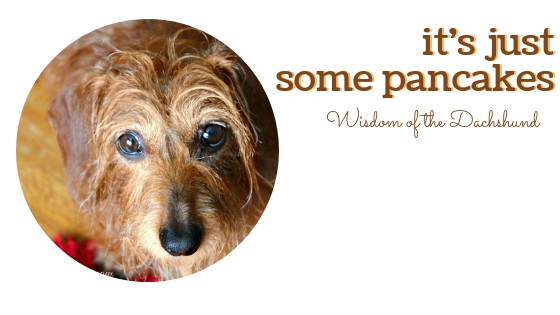
Irish warrior-turned-farmer Aodh Dunne was a legendary sportsman. He held the honor of being the only Irishman ever to swim the River Swilley fully-clothed and while drinking a stout. Each summer, when he held what he called A Tournament of Physical Prowess, his property was overrun with participants from all over the island, eager to prove themselves worthy of the top prize, the Golden Potato. Dunne chose the finest examples from his annual potato crop and gave them as awards to the winners of each event at the Tournament. Along with the lovely potato, the winners would also win the right to call themselves “Master of the Tournament” until the next year’s competition. Events such as the pike toss, heavy-booted foot race, jumping over the sheep and downhill bark sliding proved to be crowd favorites and the winners of these events became instant celebrities.
As word of his Tournament spread to England and then throughout mainland Europe, Dunne began to receive inquiries from foreigners, wishing to pit their strength and ability against the native Irishmen. For several years, Englishmen, Scots, Welshmen, Frenchmen and Italians participated in the Tournament and its popularity continued to grow. Until one year, Greek pike tosser Cleon Toppappatous came to compete. After losing the preliminary round of pike tossing to Scotsman Donlevy MacTavish, Toppappatous returned to Greece bitter and bent on revenge. Rather than train harder to compete again the following year, Cleon went to Greek nobleman and financier Eutychos Grappelotomous and hatched a plan to create a Greek version of the Irish Tournament.
Their scheme involved stealing all of Dunne’s competitors by prohibiting them from participating in both tournaments on the grounds that Dunne was hiring professionals to compete and therefore his competition was unfair. Since the potato, at that time, was a form of Irish currency, they felt it was a just point of order. The Greeks would promise a fair and accurate measure of physical prowess in their tournament by offering simple crowns of laurel to the victors rather than payment. They decided to call their tournament the Olympic Games, after the famous Mt. Olympus – one of the most recognizable landmarks in Greece.
As is evidenced by history’s credit for the creation of the first Olympic Games to Greece, the diabolical plan of two petty Greeks clearly succeeded. And thus passes yet another missed opportunity of historical importance and glory for Ireland.

